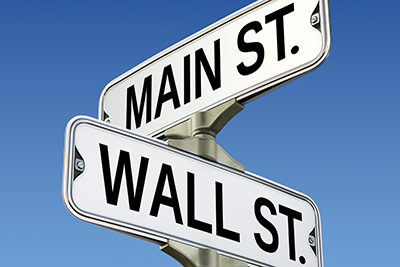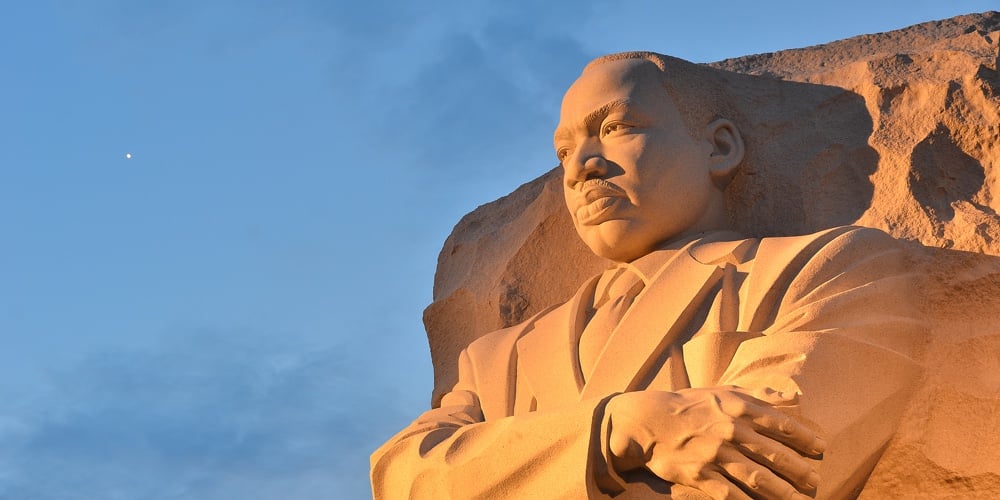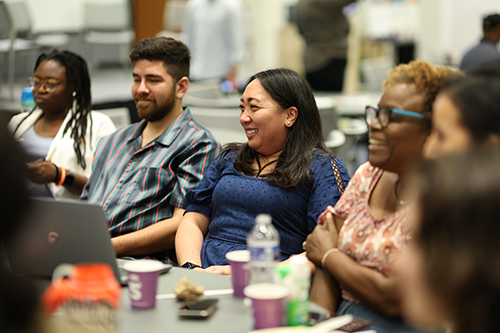
You may recall the pledge taken a year ago by nearly 200 CEOs of the biggest corporations to be better corporate citizens by considering the interests of workers, customers and the environment—not just shareholder profits. The companies represented included familiar names ranging from Amazon and Bank of America to Walmart and Wells Fargo.
This commitment to a broader set of stakeholders was supposed to make clear that the signers cared about stakeholders beyond outside investors. At the time, I questioned whether the culture and legal environment surrounding investor-owned corporations would facilitate actual behavior change.
A recent article in the Atlantic outlines the research of Professor Tyler Wry of the Wharton Business School tracking the actions of these corporations when lined up against this pledge by using the crisis of COVID-19 as a natural experiment. One might think this cohort of corporations would have pulled back their dividends to investors in an effort to better protect workers and their communities. Instead, the opposite happened. As a group, these “stakeholder” corporations increased investor payouts, when compared to other big corporations. At the same time, they were 20 percent more likely to implement layoffs and furloughs. This group of corporations were also less likely to donate to relief efforts or offer customer discounts.
The article points out that taking a small, symbolic action toward change—like signing a statement of purpose—actually makes people less likely to engage in more transformational behavior. “If people… make a token gesture of moral behavior—or simply imagine that they’ve done something good—they then feel freer to do something morally dubious,” the author writes, summarizing what behavioral psychologists call “moral self-licensing.”
Meanwhile, we saw cooperatives lean into their unique people-centered business model to help their members and their communities cope with the devastating impacts of COVID-19 by taking real, concrete steps.
For example, credit unions immediately stepped up to assist their members. According to a survey from late March, 95 percent of credit unions surveyed offered loan modifications, 80 percent created new loan products in response to the crisis, 85 percent offered fee waivers, and 64 percent offered debt consolidation and/or financial counseling. And rural electric cooperatives across the country are expressing the seventh cooperative principle of concern for community by supporting food banks, funding COVID-19 tests, helping produce personal protective equipment, and adapting their operations to protect their members and employees. Food cooperatives have been leaders in adapting their operations to protect their workers and continuing to serve their members with quickly adding more online services, creating safe barriers for cashiers, and adjusting store hours and practices to ensure social distancing.
Co-ops are more likely to take care of stakeholders beyond investors because of their very identity: they do not rely on the hollow words or perhaps even well-meaning sentiment of an executive. Rather, at their core, cooperatives exist to serve the people who use the business; in turn, those people make sure that their co-op is serving the community. The COVID-19 pandemic, as it has in so many other realms, only magnified the distinction between co-ops and non-co-ops.
—Doug O’Brien is president and CEO of NCBA CLUSA, where he works with the cooperative community to deepen its impact on the economy.


